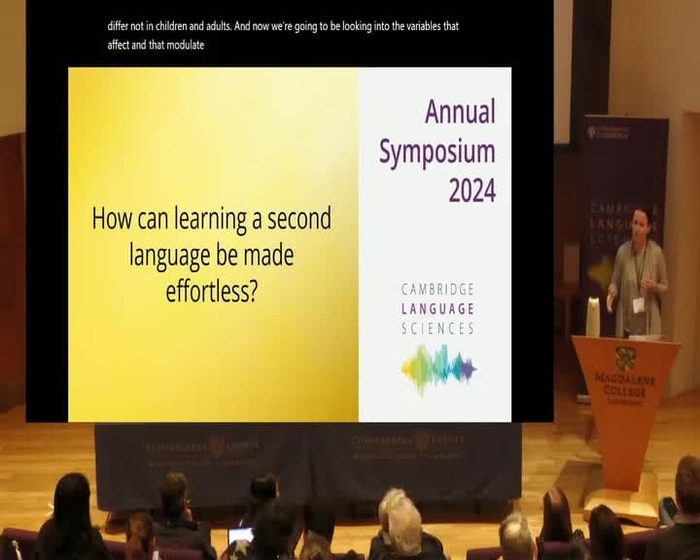Abstract
In this talk I will argue that if foreign language (FL) learning does not include a degree of effort, it would not be enjoyable. Dewaele and MacIntyre (2014) argued that Foreign Language Enjoyment emerges when learners engage in challenging tasks for which they only just have sufficient ability. These tasks typically give learners a degree of control, allow them to be creative, authentic, and involve collaboration. They also allow learners to experience Peace of Mind while controlling their levels of Foreign Language Classroom Anxiety and Foreign Language Boredom (Dewaele et al., 2023). Learner emotions and motivation are correlated but conceptually different (Dewaele & Meftah, 2024). Positive learner emotions, motivation and skills are part of a positive feedback loop. Learners are more likely to convinced that the effort is worth it in a positive emotional atmosphere where there is mutual trust, respect, humour, and a clear plan for progress.
Video




